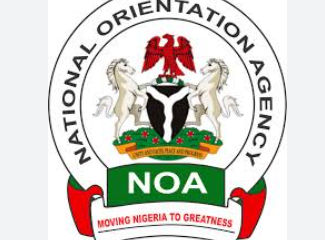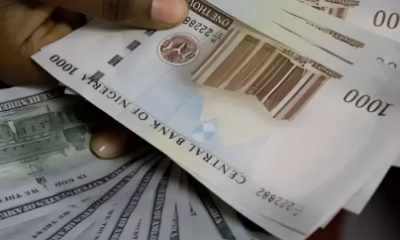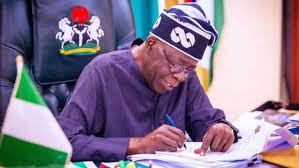The new guidelines released by the Central Bank of Nigeria on Wednesday to ease forex pressure in the country may help assuaged the petroleum crisis currently facing oil importers in the country.
According to Dolapo Oni, Ecobank head of energy research, the current fuel price can accommodate dollar prices up to N285. He said if the exchange rate settles above N285 to a dollar, fuel marketers start to ask for higher fuel prices.
“If they settle lower, then the market will profit from it and move on. We might even see more investment in the downstream market,” Oni said.
Another energy expert, Chijioke said the full impacts of the new policy will unfold in the coming weeks but that there are some detours in it such as the promise to allocate dollars at a fixed rate to industries the government deems strategic.
“If the petroleum downstream is included, (and it should), then the effects may be minimal, otherwise, we know that importation of petroleum products is already stifled by forex scarcity and higher exchange rates; if this trend continues it may become tough for importers to secure forex and even tougher to make profit at the N145 per liter price ceiling of PMS.”
ALSO SEE: CBN floats naira, appoints primary dealers
Also reacting to the guidelines, Executive Secretary of Depot and Petroleum Products Marketers Association of Nigeria (DPPMAN), Olufemi Adewole, getting a dollar at more than N285 will definitely affects the pump price of PMS.
“We are trying to be creative in sourcing for forex, we are speaking with probable financiers but for us to be able to sell within the band provided by the government, we must be able to source at the same rate the government was able to source it,” he said.
Major oil marketers are securing forex through affiliation with their International Oil Company (IOC) partners while independent oil marketers who have no such arrangements struggle to get foreign exchange at the parallel market where rates are as high as N350/$1.
Ibe Kachikwu on May 11, while announcing the liberalisation of the petroleum downstream sector had used an exchange rate of N285$1 to arrive at a price ceiling of N145.

 Latest4 days ago
Latest4 days ago
 Trends5 days ago
Trends5 days ago
 Business6 days ago
Business6 days ago
 Football6 days ago
Football6 days ago
 Health6 days ago
Health6 days ago
 Football6 days ago
Football6 days ago
 Featured7 days ago
Featured7 days ago
 Business6 days ago
Business6 days ago













